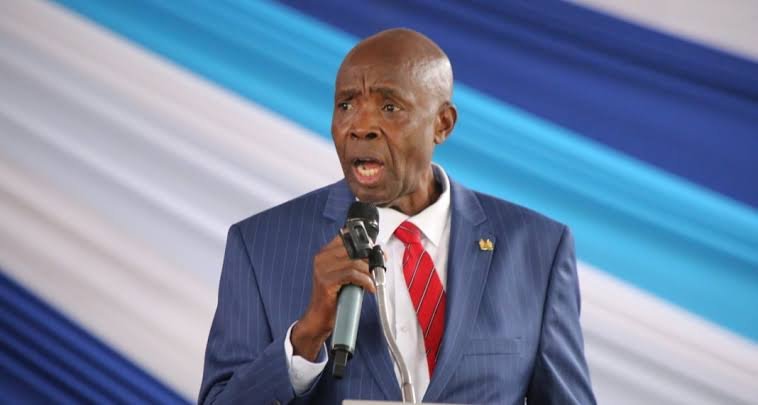The National Assembly has suspended the implementation of the Prof Raphael Munavu-led Presidential Working Party on Education Reform report, which proposed significant changes to the education system. Concerns have been raised about the legality of these changes, prompting MPs to seek clarification and the Speaker to issue a directive.
In a potentially disruptive move, the National Assembly has put a pause on the implementation of the far-reaching recommendations outlined in the report by the Prof Raphael Munavu-led Presidential Working Party on Education Reform. These recommendations had the potential to transform the education system, particularly in alignment with the Competency-Based Curriculum (CBC).
However, concerns have now arisen regarding the manner in which these recommendations are being executed before undergoing the necessary approval process in the National Assembly, either as regulations or substantial legislation.
Emukhaya MP Omboko Milemba, speaking on a point of order, raised significant legal concerns about the Prof Munavu-led team’s recommendations. He emphasized that these recommendations appeared to conflict with existing laws and even the constitution. Milemba urged the Speaker, Moses Wetangula, to rule on why these recommendations were being implemented prior to parliamentary approval.
This concern resonated with several other MPs who joined the debate, all seeking the Speaker’s guidance to halt the implementation of the recommendations. Ainabkoi MP William Chepkonga emphasized that no individual, regardless of their status, should have the authority to create laws without due parliamentary process, asserting that such actions would violate the constitution.
Rarieda MP Otiende Amollo accused the Education Ministry of attempting to bypass the legal framework by implementing recommendations without allowing Parliament or the courts to assess their legality.
Majority Leader Kimani Ichung’wa pledged to engage Education Cabinet Secretary Ezekiel Machogu to halt the implementation of recommendations requiring parliamentary approval. He reiterated that neither cabinet secretaries nor presidential working groups possessed the authority to establish laws.
In response to these concerns, Speaker Moses Wetangula directed the Majority Leader to provide an official statement on the matter within two weeks. He stressed that no individual or entity, including cabinet secretaries, could unilaterally create laws, highlighting the importance of allowing Parliament to fulfill its constitutional role.
Among the programs already set in motion based on the Munavu task force recommendations are the relocation of Junior Secondary School from high school to primary school, the adoption of a new grading system, a revised funding model, and the reorganization of new learning areas.





